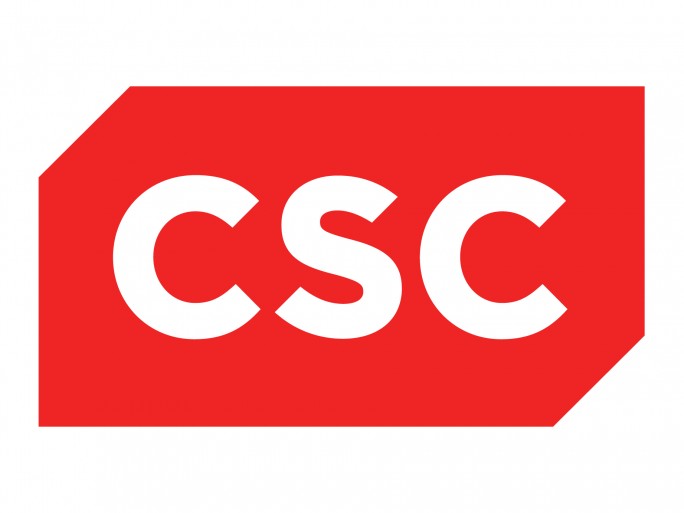Renewed CSC Lorenzo deal opens up business for the channel

Loss of exclusivity in renegotiated Department of Health deal will allow new suppliers to step in
CSC has announced a scaled back deal with the National Health Service to roll out its Lorenzo electronic patient system across the UK over the next four years, opening up the doors to new suppliers.
NHS trusts will now be given the choice of whether to use the much maligned software system, stopping short of a full roll-out. The renegotiated deal, which will run until 2016, will see the use of Lorenzo scaled back, with NHS trusts able to choose whether to implement software systems for electronic records with CSC.
Under the new agreement the the NHS will not have to sign volume commitments, CSC said, and the deal will also see an end to exclusivity in providing clinical IT in the North, Midlands and East of England removed, potentially opening up the doors for other firms to supply to a number of NHS trusts.
“This agreement is a significant milestone in our relationship with the National Health Service and represents a renewed commitment by the NHS and CSC to a long-term partnership as well as CSC’s healthcare solutions,” said Mike Lawrie, CSC’s president and chief executive officer.
Lorenzo had originally been part of the National Programme for IT (NPfIT), a project which has since been scrapped, with the government demanding a return on payment after CSC was deemed to have failed to deliver the IT system satisfactorily.
Outsourcing firm CSC was subsequently forced to write off $1.5 billion from its value, while the UK Public Accounts Select Committee questioned whether the government should have any further dealings with the US company.
The government is claiming the renegotiated deal as a win for its new no-holds-barred approach to IT contracts, with Cabinet Secretary Francis Maude claiming to have hauled in a number of big name suppliers recently to demand improved performance.
“As I emphasised when I met with 20 of our top suppliers just last month, ours is not a Government that will tolerate poor performance – and today’s announcement will leave suppliers in no doubt that we will act to strip out waste from contracts where they offer poor value for the taxpayer,” Maude said of the CSC agreement.
The DoH, now headed up by Jeremy Hunt following today’s Cabinet reshuffle, meanwhile claimed that the deal would save the government £1 billion, though no further details were given of the savings.
However it is likely that the government would have been forced to cough up to end the exclusivity that it had in place with CSC.
According to government IT expert David Chan, director of the Centre for Information Leadership at City University, the deal will go some way to resolving the fiasco that surrounded Lorenzo and the NPfIT.
“The deal is people trying to make the best of a bad job,” Chan told ChannelBiz. “Its a rescue operation – the thing was in a mess, Lorenzo wasn’t popular.”
“The system was dogged by so many problems, it was one size fits all, and that caused a lot of software problems.”
The removal of the exclusivity agreement will now open up the market for others to tender for supply of electronics patient records, Chan says, and this should serve to create more opportunities within the channel for others to offer services to the NHS trust. Previously it was mandatory for most trusts to go with Lorenzo, or not have electronic patient records at all.
“If the resellers or the distributors have the right fit in terms of the software package for what a trust wants, they couldn’t have done before but now they can [tender for business], ” he said. “There will be people who have very simple systems, there will be people who have complex systems, there will be people with middleware type systems.”
It makes the landscape more complicated for trusts, creating a need for expertise – and this is where the channel can step in. This could mean channel players seeking to find more innovative solutions for cash-strapped trusts for example.
“Given that trusts are now being squeezed for money it may now be that we need some creative solutions,” Chan says, “maybe they will be attracted more to cloud based solutions, or software-as-a-service.”